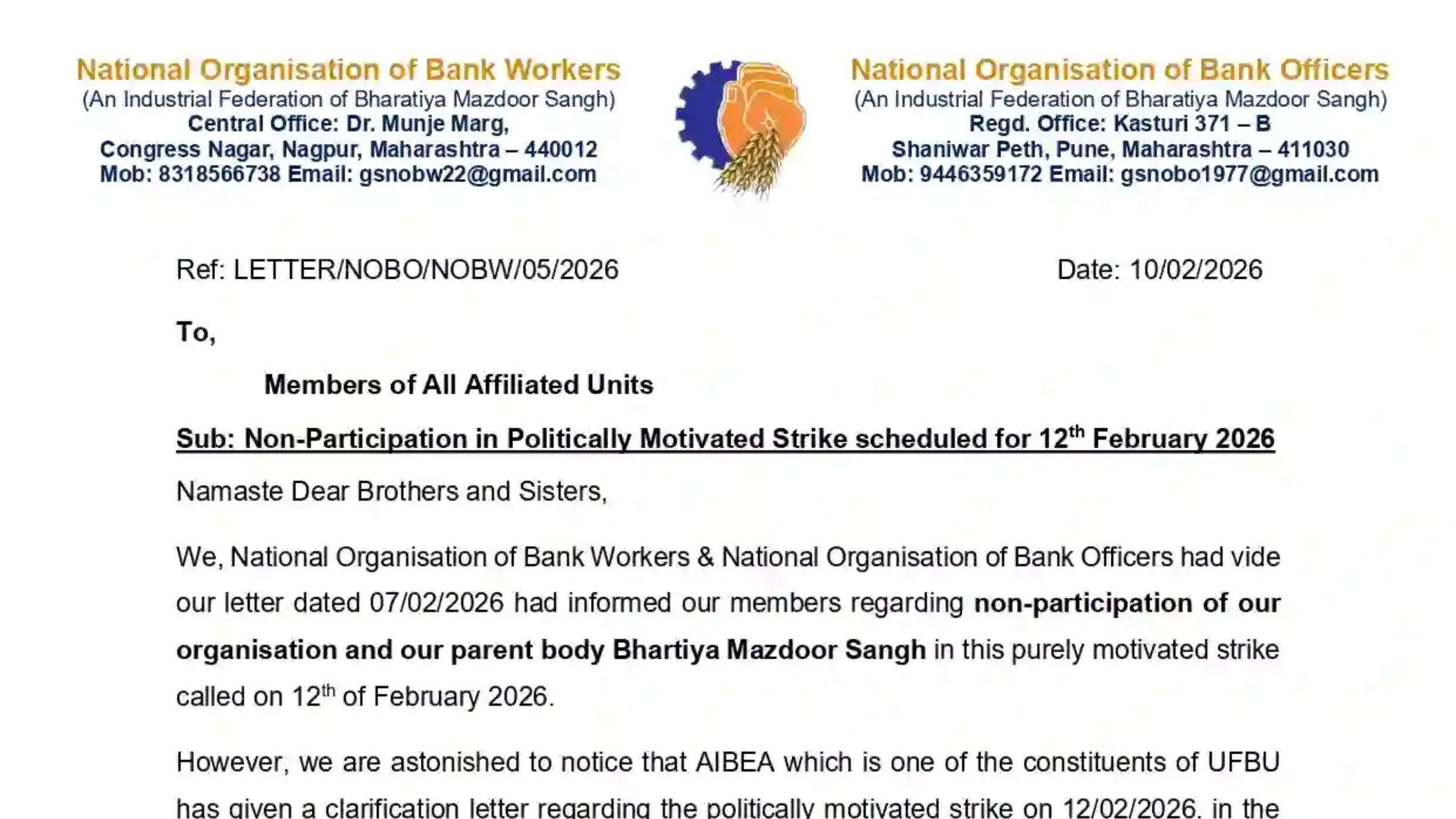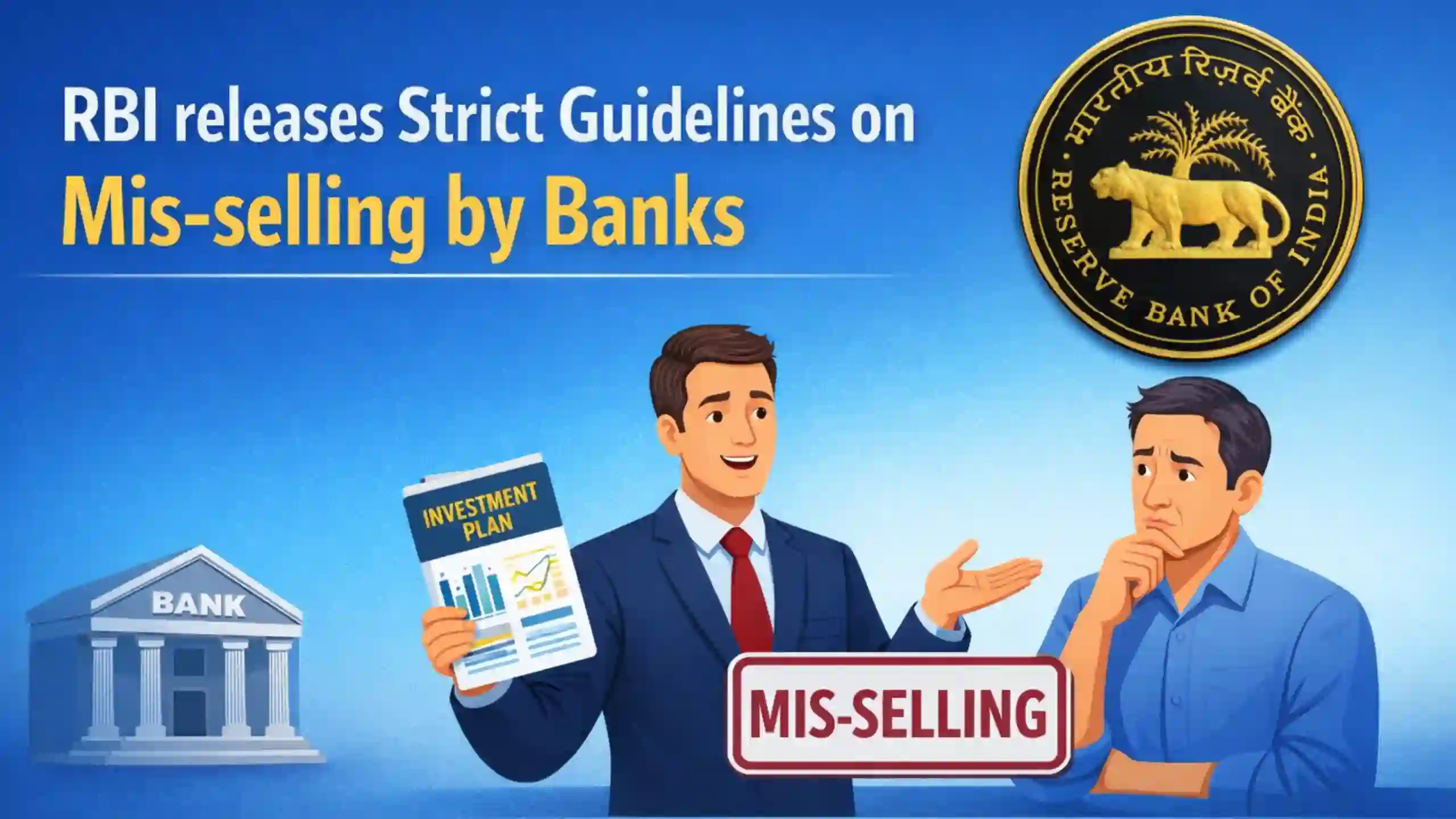Jharkhand High Court Rules Candidates Cannot Challenge Pay Scale Changes Made Before Appointment

A two-judge bench of the Jharkhand High Court, including Justice Sujit Narayan Prasad and Justice Pradeep Kumar Srivastava, ruled that candidates cannot challenge changes in pay scale policies if those changes were made before they were officially appointed. The court clarified that no candidate has a guaranteed right to a certain pay scale just because it was mentioned in a job advertisement — the right only arises after the appointment letter is issued.
Background of the Case
The Jharkhand Staff Selection Commission (JSSC) published a job advertisement for the posts of Compounder and Pharmacist. According to the advertisement, both posts had the same pay scale: Rs. 5200-20200 with a Grade Pay of Rs. 2800. The qualifications and syllabus for both posts were also identical.
The candidates who applied for these posts appeared in the exam, passed, and cleared document verification. On April 16, 2019, the final results were announced, and the petitioners were declared successful.
However, on September 4, 2019, the Department of Home, Jail, and Disaster Management issued a notification changing the rules. They reduced the Grade Pay for the Compounder post from Rs. 2800 to Rs. 1900.
What the Petitioners Argued
The petitioners challenged this rule change, arguing that since the pay scale and qualifications for Compounder and Pharmacist were the same as per the advertisement, the reduction of pay for Compounders was unfair. They also referred to a 1987 government order where Compounders were redesigned as Pharmacists, claiming they should get the higher pay of Rs. 2800.
They also pointed out that the employer knew about this redesign and yet advertised the same Grade Pay for both posts. So, they said, the sudden pay cut only for Compounders was unfair and against the notification issued by the department.
What the State (Respondent) Said
The State argued that the petitioners joined the service after the pay scale was already reduced. Since the reduction was done before the petitioners started working, they cannot claim a higher pay scale. The State also said the candidates knew about the reduced pay scale before joining, so they accepted it by default.
Court’s Decision and Reasoning
The court examined the case carefully and made these important points:
- A candidate cannot question a government policy change simply because they participated in the selection process.
- A legal right to pay or any benefit arises only after an appointment letter is officially issued.
- Since the State reduced the pay scale before issuing appointment letters, the candidates had no “vested right” (a legal term meaning a fixed, earned right) to the higher pay.
- If the pay scale had been reduced after the appointment letter was issued, then candidates might have a case.
- However, simply mentioning a pay scale in the job advertisement does not create a vested right.
- The court explained that a vested right means a right that is complete and cannot be taken away without consent. A mere expectation or hope of a certain benefit does not qualify as a vested right.
- The court cited earlier Supreme Court decisions that confirmed policy changes can be made legally if no vested right or appointment letter has been given.
Final Outcome
The court upheld the rule change and dismissed the petitioners’ claims. It ruled that since the pay scale was reduced before appointment and no appointment letter was issued with the original pay scale, the petitioners cannot claim the higher Grade Pay of Rs. 2800.
Also, since the petitioners accepted the reduced pay scale by joining the post, they cannot now challenge it.
The petition for review was also dismissed, confirming the court’s earlier order.






